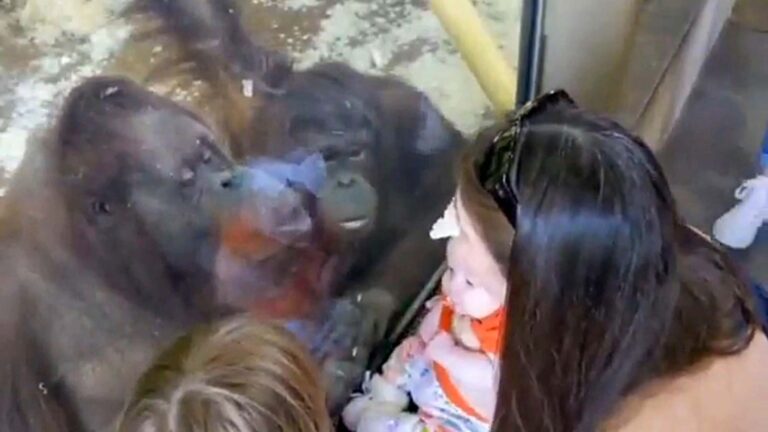A team of experts has debunked previous scientific claims that humans are colonised by bacteria before birth.
The research idea came after several studies published since 2010, claimed they detected bacteria in samples of the placenta and amniotic fluid.
To check whether the controversial findings were true, University College Cork (UCC) researcher Prof Jens Walter created a multidisciplinary team consisting of 46 leading scientists in reproductive biology, microbiome science, and immunology.
The team then evaluated evidence for microbes in human foetuses and concluded that the detection of microbiomes in foetal tissues was due to contamination of samples drawn from the uterus.
They claimed that contamination occurred during vaginal delivery, clinical procedures or during laboratory analysis, but not before birth.
Additionally, the scientists stated that if colonised by bacteria the human placenta and amniotic fluid would cause severe consequences for clinical medicine and paediatrics.
It would furthermore undermine already established principles in immunology and reproductive biology, the study said.
Walter said in a statement obtained by Newsflash: “This consensus provides guidance for the field to move forward, to concentrate research efforts where they will be most effective.

“Knowing that the foetus is in a sterile environment, confirms that colonisation by bacteria happens during birth and in early post-natal life, which is where therapeutic research on modulation of the microbiome should be focused.”
University of Vienna computer scientist Thomas Rattei who participated in the research said: “The special problem with these microbiomes lies in the very small concentrations of the bacteria present.
“Therefore, species present in traces must also be reliably identified and differentiated from contamination.
“Databases and bioinformatics methods play a special role in such analyses.”
Rattei added: “The question of when and how the human microbiome develops after birth has a lasting impact on later life and health.
“For a good scientific understanding, studies in this area must be carried out in an internationally comparable manner, and this publication contributes to this.”
The experts encouraged other colleagues to put their focus on the microbiome of mothers and their newborns, as well as the microbial metabolites that cross the placenta and prepare the foetus for life.
They also provided information on how scientists can avoid pitfalls when analysing tissues in which little or no microbes are to be expected.
The study was published in the world’s leading multidisciplinary science journal Nature on Wednesday, 25th January 2023.
To find out more about the author, editor or agency that supplied this story – please click below.
Story By: Georgina Jadikovska, Sub-Editor: Joseph Golder, Agency: Newsflash
The Ananova page is created by and dedicated to professional, independent freelance journalists. It is a place for us to showcase our work. When our news is sold to our media partners, we will include the link here.




